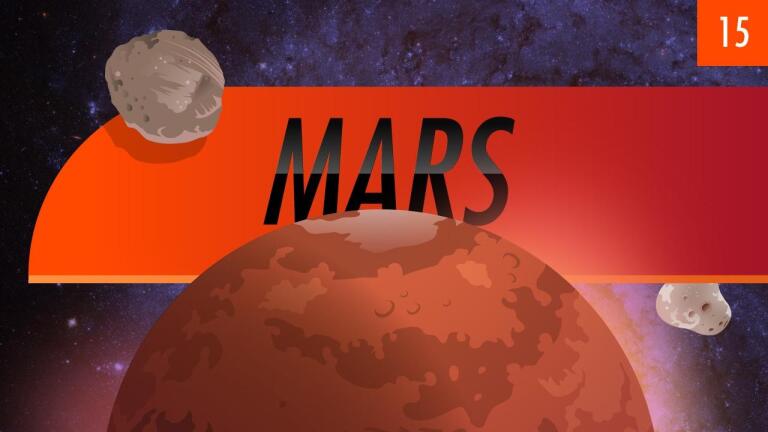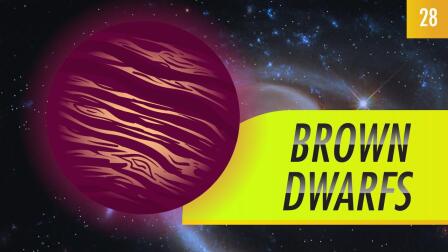Back to Show
Crash Course Astronomy
Comets: Crash Course Astronomy #21
Season 1
Episode 21
Today on Crash Course Astronomy, Phil explains comets. Comets are chunks of ice and rock that orbit the Sun. When they get near the Sun the ice turns into gas, forming the long tail, and also releases dust that forms a different tail. We've visited comets up close and found them to be lumpy, with vents in the surface that release the gas as ice sublimates.
Support Provided By

11:40
We're heading to the outskirts of the solar system.

11:32
Now that we've finished our tour of the planets, we're headed back to the asteroid belt.

12:15
We're rounding out our planetary tour with ice giants Uranus and Neptune.

12:12
Saturn is the crown jewel of the solar system, beautiful and fascinating

10:26
Before moving on from Jupiter, we're going to linger for a moment on the planet's moons.

10:42
Jupiter is the biggest planet in our solar system.

10:11
Mar is the fourth planet from the sun and the outermost of the terrestrial planets.

10:46
Venus is a gorgeous naked-eye planet, hanging like a diamond in the twilight.

10:17
Mercury is the closest planet to the sun.

9:47
Take a look up to the moon's surface features, core, and theories about its formation.

10:13
Phil starts the planet-by-planet tour of the solar system right here at home, Earth.

11:44
Take a look at the two-octillion ton star that rules our solar system.











